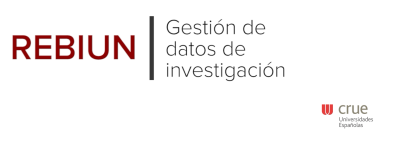The truth and opinions of social media users about criminal cases in Argentina
DOI:
https://doi.org/10.62407/rces.v3i5.142Keywords:
Truth, social media, police cases, criminal lawAbstract
From an analysis of three articles of great importance written by Friedrich Nietzsche, Michel Foucault and Rubén H. Pardo refers to each author's conception and evolution of the truth and how it is reached. The purpose of comparing these and integrating the thought of current society in general and which is the actual conception of truth that this one has in a context of social media feedback on cases related to criminal law and with great relevance to all Argentinian nation during the year 2023 in Facebook and Instagram. From this study, It will be proved that current society uses social punishment as a means to get to its truth regardless of criminal justice actions, being communication media and social media is are very relevant and influential factor in opinion formers. Likewise, the high level of aggressiveness towards users whose comments differ from a majority-accepted opinion will be denoted, giving rise to the production of a "binomial" made up of two opposite sets of opinions and their punishment towards those users who do not conform to the dominant position, showing impunity of expression behind a device or keyboard.
Downloads
References
Alcocer, I. B. (2017). Reined. Ciberbullying: perfil del ciberagresor en los institutos de la Comunidad de Madrid. https://redined.educacion.gob.es/xmlui/bitstream/handle/11162/142083/EYFD-14_02.pdf?sequence=1&isAllowed=y
Foucault, M. (1996). La verdad y las formas jurídicas. Editorial Gedisa.
Miranda, J.F. (2023). El yo y el otro en las redes sociales. https://www.pagina12.com.ar/538227-el-yo-y-el-otro-en-las-redes-sociales.
López Iglesias, Matías, Tapia-Frade, Alejandro, Ruiz Velasco, Claudia María. (2023) Revista de Comunicación y Salud, Vol. 13, 1-21. Patologías y dependencias que provocan las redes sociales en los jóvenes nativos digitales | Revista de Comunicación y Salud (revistadecomunicacionysalud.es)
Morduchowicz, R. (2022). Los adolescentes y las redes sociales. La construcción de la identidad juvenil en Internet. Los adolescentes y las redes sociales: La construcción de la identidad. - Roxana Morduchowicz - Google Libros
Nietzsche, F. (1873). Sobre verdad y mentira en sentido extramoral. Tecnos.
Pardo, R. H. (2005). Verdad e historicidad. El conocimiento científico y sus fracturas. Libro: La Posciencia. El conocimiento científico en las postrimerías de la modernidad. Biblos.
Downloads
Published
How to Cite
Issue
Section
License

This work is licensed under a Creative Commons Attribution-NonCommercial-ShareAlike 4.0 International License.



















